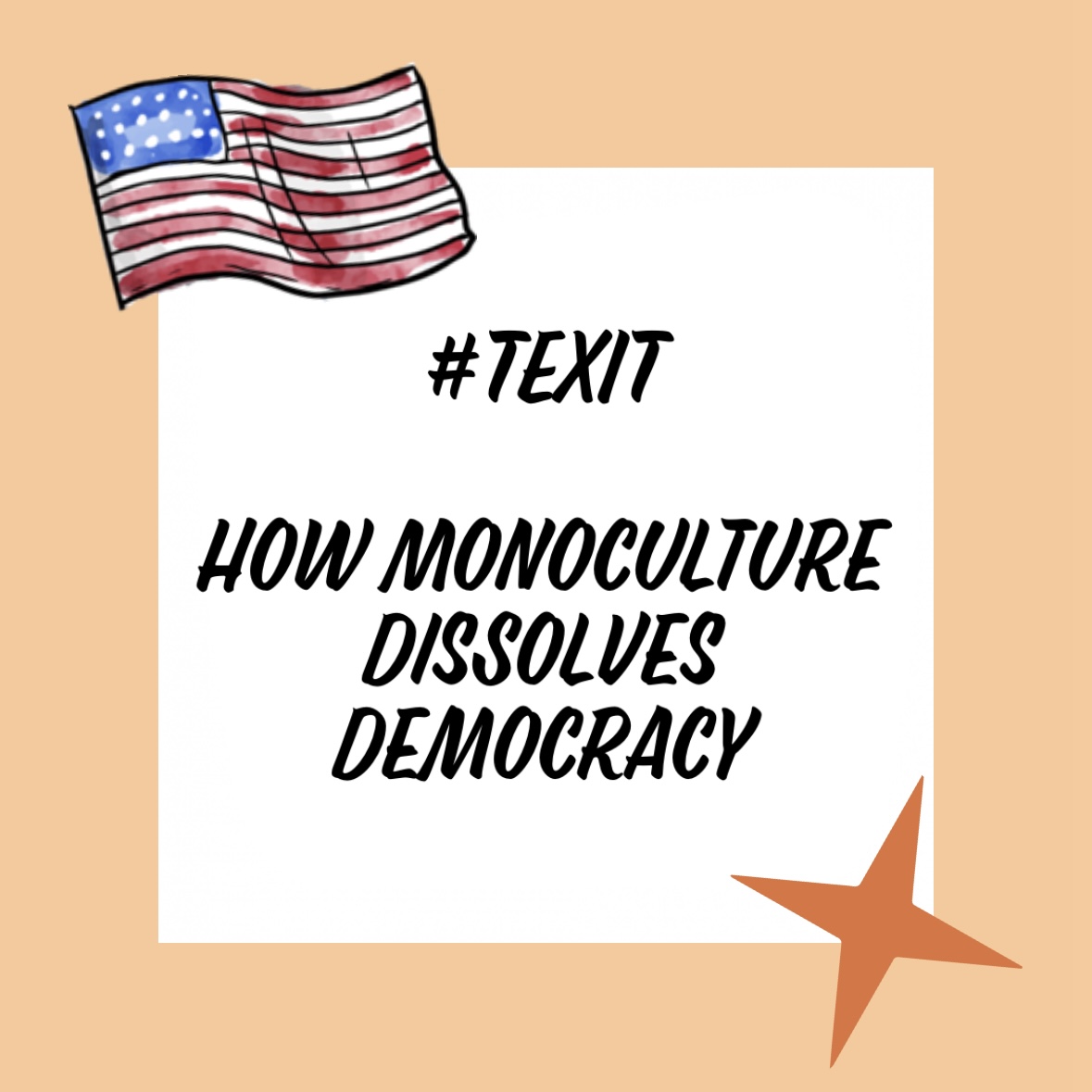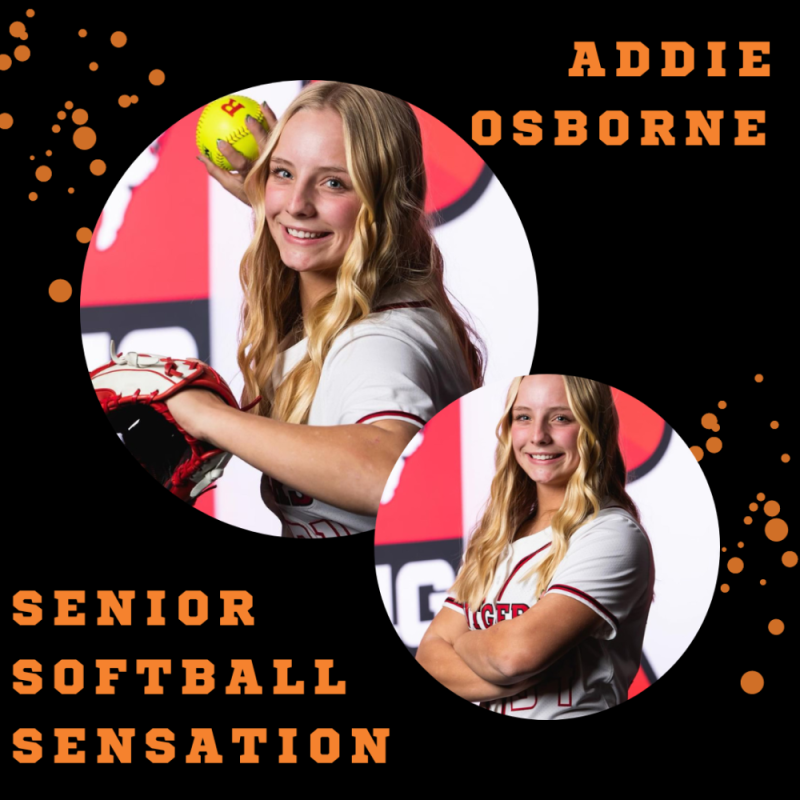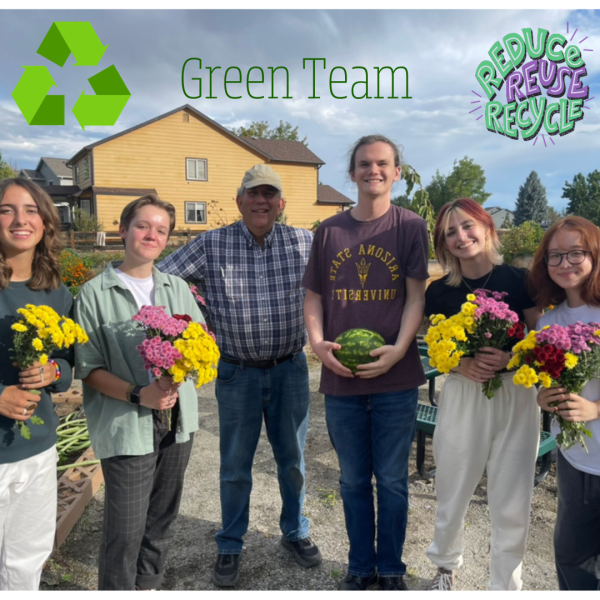Our Angry Earth
Review of the book “Our Angry Earth” by Isaac Asimov and Frederik Pohl.
May 23, 2018
“Our Angry Earth” by Isaac Asimov and Frederik Pohl reflects on how we are destroying the earth, how we can fix it, and why we need to. Through an extensive amount of research, both authors effectively use their unique writing styles to support the environment without becoming political, which is uncommon in many environmental books.
A heavy use of examples litters the book, every page opens up a new idea, but to start the authors described the idea of Gaia, which is essentially the personification of the earth. They use this to humanize the world we live in to evoke emotion from the reader to further prove their point. They then transition into the long list of perils this world faces, not only covering extreme pollution and habitat loss, but also our love of cars and their contribution to both pollution and consumerism.
Consumerism, the encouragement of one to consume, weighs heavy on the fate of this world which is emphasized a multitude of times within the book to support the idea that we may be destroying this earth, but we can also do something to save it and that starts with consuming less.
Both Asimov and Pohl understand this is an almost impossible feat, to slow the production of goods and how much we feed the demand of such supply, so they offer other options that are readily available to us which makes the reader ponder why we don’t use them.
A small change, they explain, could be by changing the fuel we use or even demanding a higher supply of cars that use an energy that is not gasoline (which causes carbon emissions), by shifting what we consume to more eco-friendly products we can slowly but surely help our environment out in the long run.
Besides cars, improving the sustainability of our meat industry and updating the farming practices used around the world, we can simultaneously help both the land, air, and water quality. Since the meat industry is one of the main culprits in greenhouse gas emissions, an easy switch from processed meats to buying locally, or on a bigger scale changing industrialized meat farming to open field could reduce methane emissions.
As for agriculture, farming practices such as heavily relying on pesticides which pollute the water with nitrogen and also the practice of monoculture which do more to attract insects rather than actually repelling them, which leads to more chemicals being sprayed on the crops.
Both authors wrap up a large amount of information they summarized by dipping their toes into green politics but more so lead leave the reader asking themselves question than debating parties and who’s right or wrong.
No matter how you feel about the state of our earth, the book is very eye-opening and can help educate one on the true facts of the environment. A great read for anyone that’s interested in the environment but also concerned for the future of it.



















































